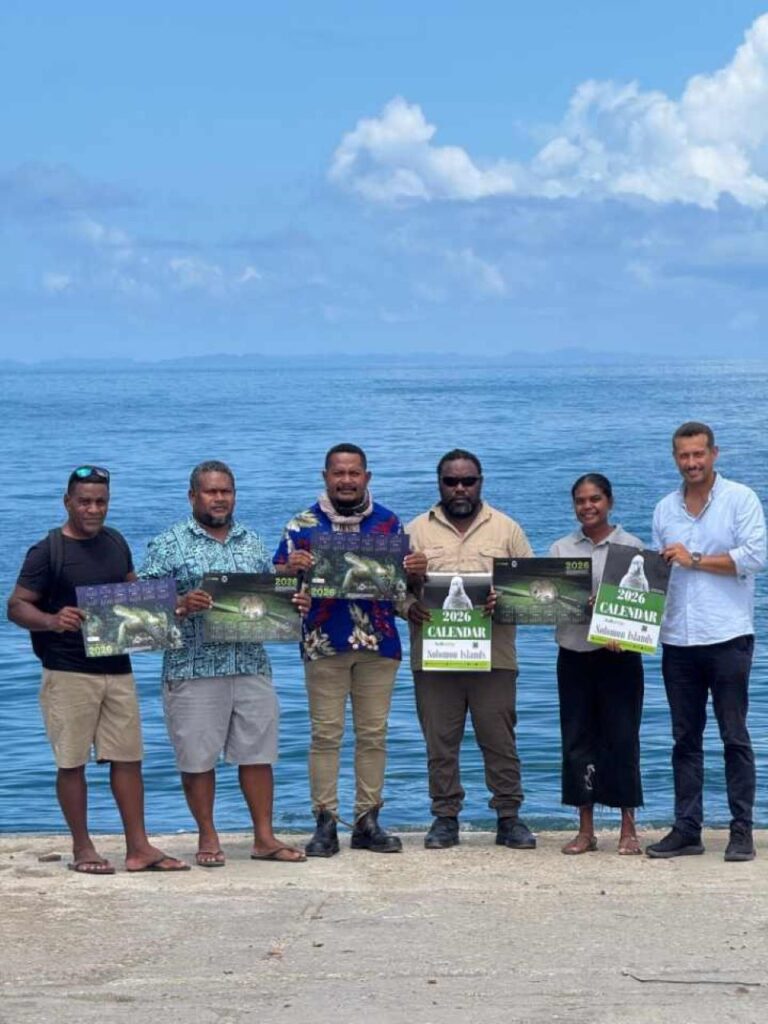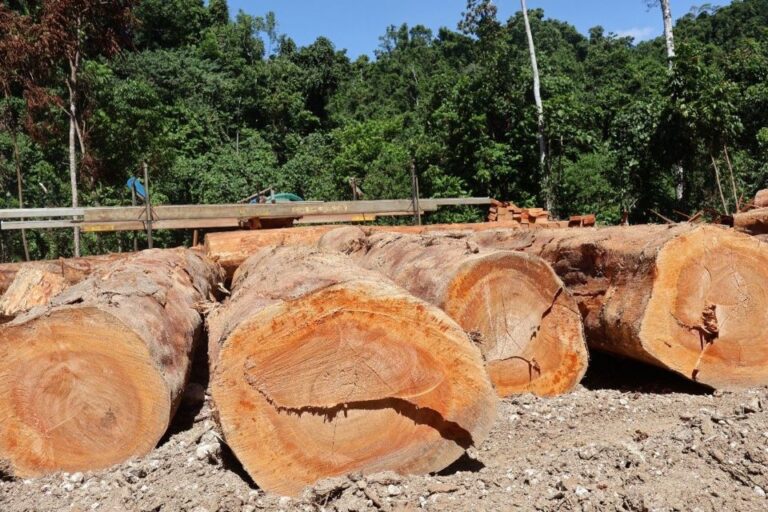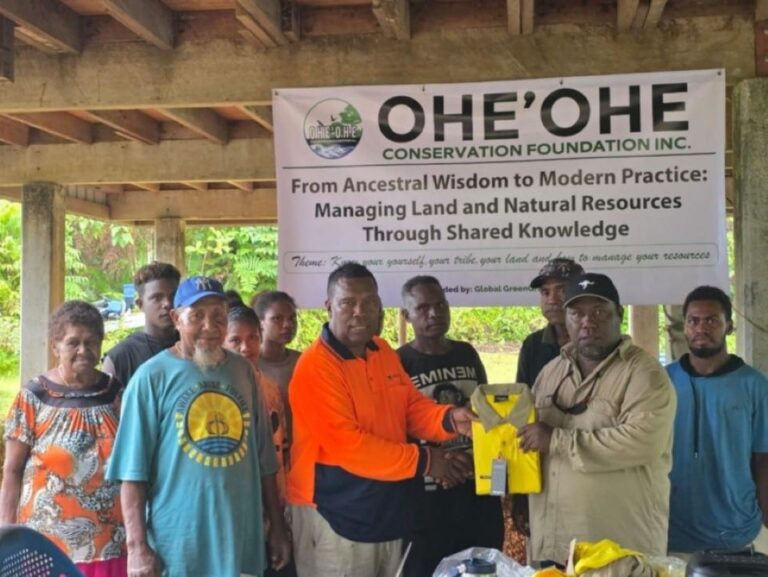BY JOHN HOUANIHAU
SOLOMON Islands Rangers Association has collaborated with the World Wide Fund for Nature (WWF) Solomon Islands to organize a two-days ‘Rangers Role and Management’ training for 50 local rangers in the Western province.
The training was held from April 21st and 22nd at the Solomon Telekom’s Conference room in the provincial capital, Gizo.
Five communities comprised of men and women rangers and resource owners from Saeraghi in West Gizo, Righuru in Simbo Island, Nusatuva, Varu 1 and 2, Nusamahiri, and Egotitovo in Kolombangara Island catchment area have benefited from the training.
Solomon Islands Rangers Association, General Secretary, and training facilitator, Edward Haikau Huitarau said the training was organized by the WWF through the support of Solomon Islands Rangers Association to train and equip the local Park Rangers with the knowledge and skills of sustainable management of the marine conservation.
“Staffs from Solomon Islands Rangers Association office in partnerships with the WWF Pacific Solomon Islands office have facilitated the training to support the participants to understand the enforcement laws and regulations under the country’s Protected Area Act.
“The participants of the training comprised of Community facilitators, Chairpersons of the Resource Management Committee, and identifying Rangers from the respective communities under the Sustainable and Resilient Island communities Program,” he said.
He said the training aims to expand the knowledge and skills of local rangers on environmental laws, roles, and responsibilities when managing their marine resources.
“We want the rangers to familiarise themselves with the environmental laws to pro-actively plan, co-ordinate, implement programs of marine habitat, and also through monitoring, reporting and enforcing the protection of conservation or protected areas from breaches or offenses to enforcement authorities.
“During the training, participants were provided a learning platform to exchange ideas, views, and lessons on how they managed their Community-Based Fisheries Management areas.
“It was an opportunity for us to get negative and positive (constructive) feedbacks from local rangers and members of the marine site management committees on how well they managed their challenges, and strengths on the daily basis.
“It is understood that people have a high dependency on marine resources for subsistence and also for generating cash income. However, there are several threats such as logging, overfishing, pollution, and climate change threatening the marine resources.
“The participants were told that all of these factors are compounded by rapid population growth particularly in coastal areas that lead to an increase in coastal development and additional pressure on terrestrial and near-shore natural resources in the area.

“The WWF Pacific Solomon Islands office has a strong focus on Community Based Fisheries Management which is a critical and central strategy of the Solomon Islands government for securing benefits of marine and terrestrial resources under their National Plan of Action (NPOA) which is the primary document that guides conservation in the Solomon Islands,” Edward said.
Solomon Islands Rangers Association President, Albert Kwatelae and General Secretary, Edward Haikau Huitarau were the key facilitators of the organized workshop training.
Edward explained that some of these communities have been working with WWF for more than 2 years protecting their Community-Based Fisheries areas.
“The participants were enthusiastic about the training since it was a first of its kind to be ever organized for them and they are looking forward to more similar training in the future.




